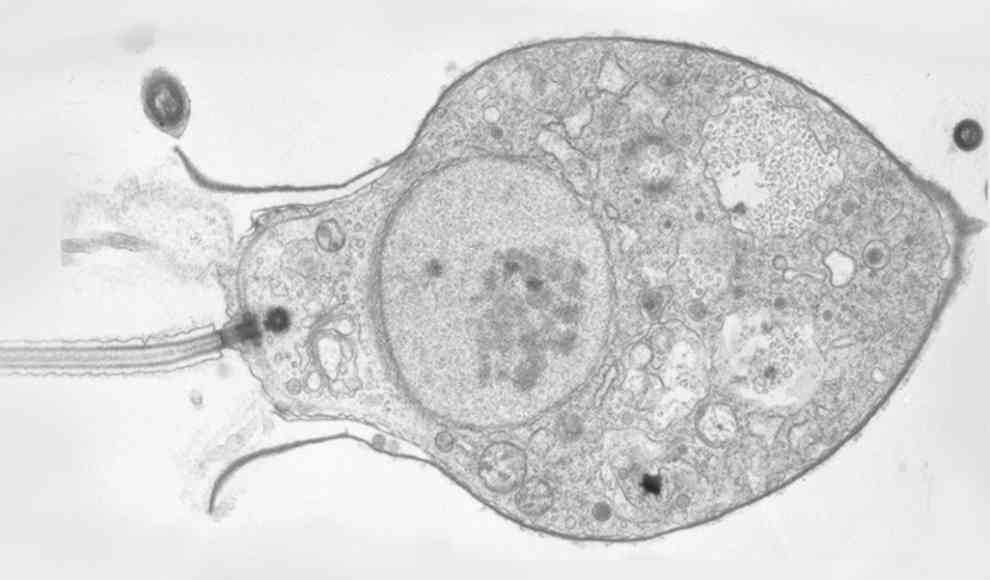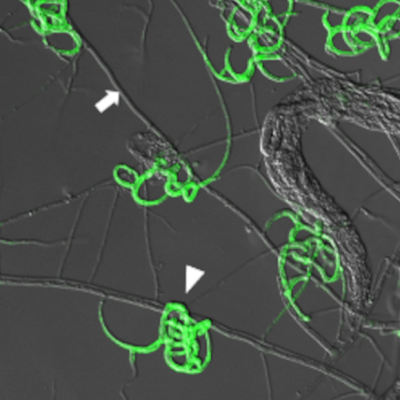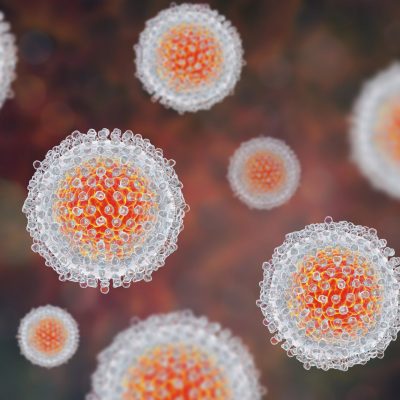In a groundbreaking discovery, scientists have found single-celled organisms that feed on viruses. Despite viruses being present in almost all living organisms, no creature has been found to consume them as a targeted food source until now. Researchers at the Bigelow Laboratory for Ocean Sciences in Maine have identified marine single-celled organisms that feed on viruses, according to a publication in the journal Frontiers in Microbiology. The scientists sequenced the DNA of approximately 1,700 organisms from the Mediterranean coast of Spain and the northwest Atlantic, determining the food source of the single-celled organisms. While most samples contained both bacterial and viral DNA, many organisms from the choanoflagellate and picozoa groups contained only viral DNA.
The discovery of these organisms, which are the first known to consume viruses as a targeted food source, challenges the conventional understanding of the role of viruses and protists in the marine food chain. Picozoa, the smallest free-swimming organisms in the sea, cannot consume bacteria due to their size, and the majority of the viruses found in the organisms were not host-specific. The researchers suggest that the single-celled organisms have found a food source that is abundant in their habitat and provides essential nutrients. The discovery sheds new light on the role of viruses in the marine ecosystem and could have implications for our understanding of the evolution of life on Earth.
According to Ramunas Stepanauskas, the lead researcher on the study, the discovery is surprising given the adaptability and prevalence of viruses. He notes that viruses are rich in phosphorus and nitrogen, making them a valuable source of nutrients for the single-celled organisms. The discovery of these organisms could have implications for our understanding of the role of viruses in the marine ecosystem and could lead to new insights into the evolution of life on Earth.










